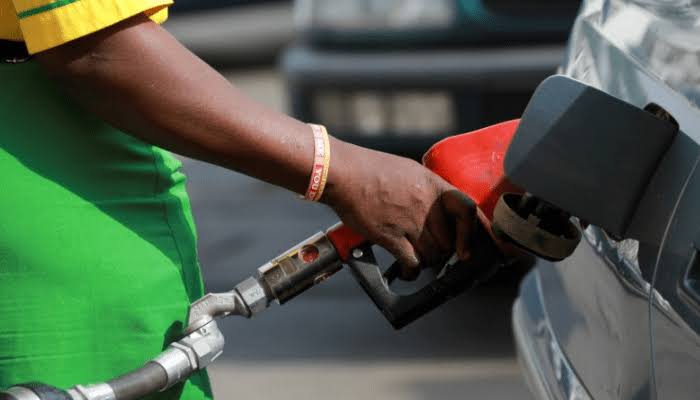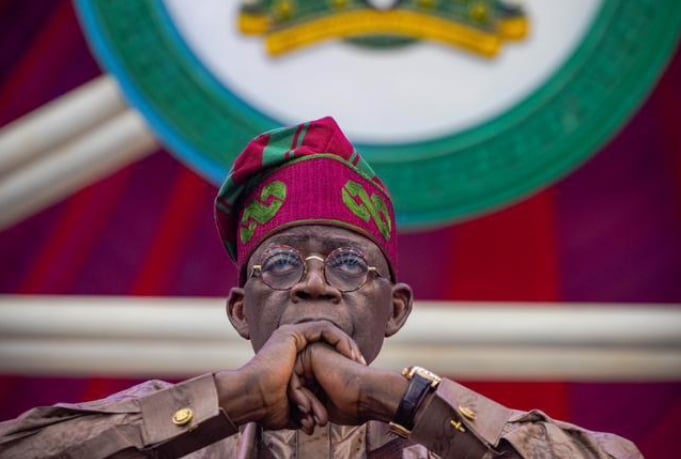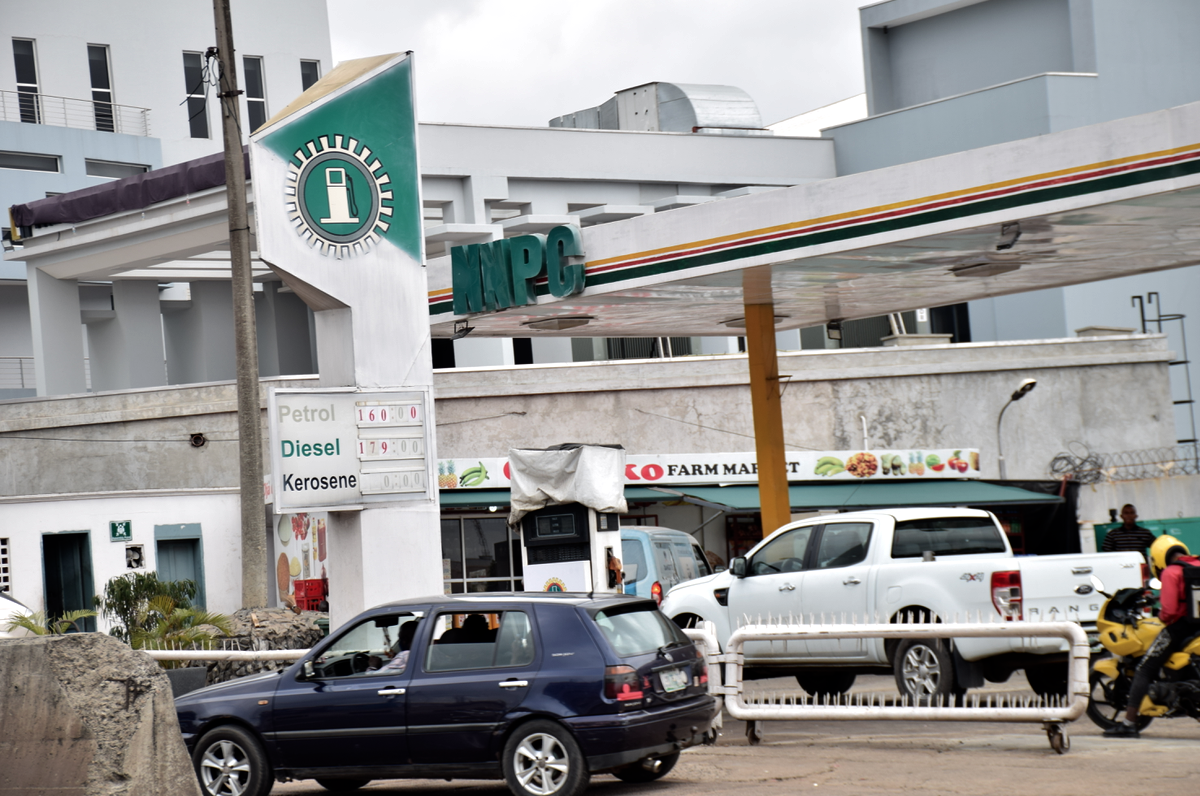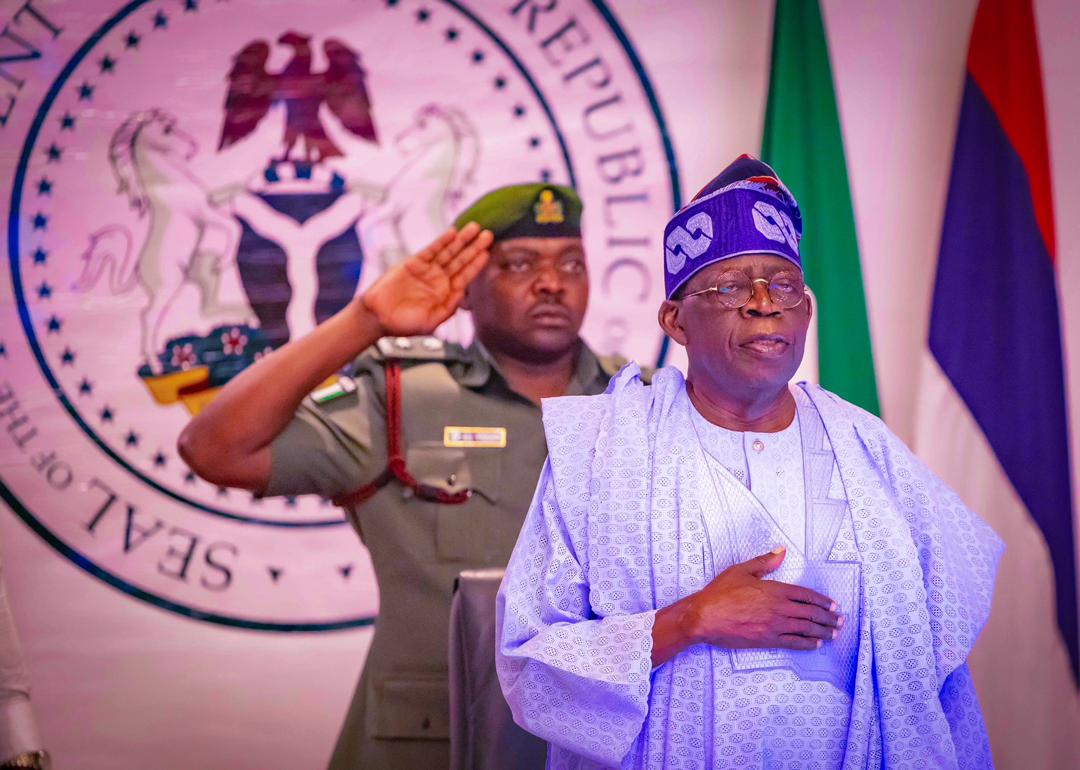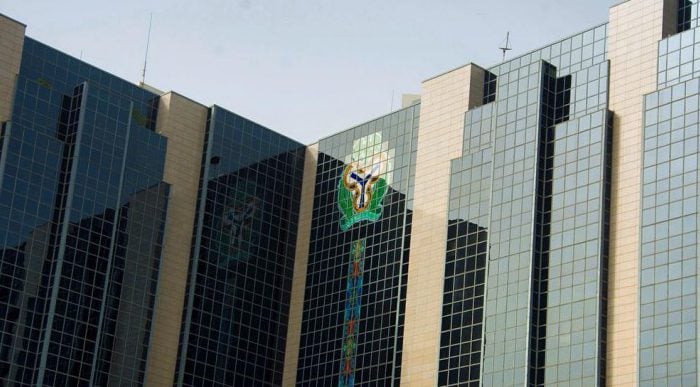BY CHINEDU CHIDI
This argument is for the people.
There is now a near-unanimous rejection of the petrol subsidy regime in Nigeria. This is now the popular position. I fear that with the deification of this position, some valid arguments in favour of petrol subsidy within Nigeria’s unique socio-economic context are being denied oxygen with a grave, even existential, threat to the people. To surrender the argument to a government uninterested in ending its imperial status — with all its attendant costs— and an egotistic liberal economic elite buoyed by affirmations within its intellectual bubble, and determined to test the furthest free market theories on the already pulverized masses, is a position I cannot accept.
There has been a growing socio-economic inattentional blindness among Nigeria’s ruling and liberal economic intellectual elite regarding the petrol subsidy issue. They have almost entirely embraced the Bretton Woods position on the petrol subsidy expenditure which isolates it as a drain on national resources, costing the country multiple other development opportunities. This position is flawed, I reckon.
Advertisement
In Nigeria, isolating fuel subsidy as a purely wasteful consumption spend is an error. Within the context of Nigeria’s energy crisis, inflation surge, purchasing power squeeze, and general cost of production challenges, petrol subsidy cannot be so rightly isolated.
Caution and contemplation are key in this debate. Scholarly tentativeness and intellectual humility are paramount. One ideological strand in economics cannot be gospel. It cannot be unchallengeable. It cannot be treated as an absolute truth. Our pro-subsidy removal economists (who also champion free float of the currency and other free-market reforms) must be realistic enough to recognise that economics is not an exact science. An economic proposal, more often than not, cannot solely determine its own destiny; it depends on some other variables. It is only this realisation that will allow for expanded thinking and pragmatic, as against ideological, propositions. I reckon that what has become the subsidy conundrum has a hybrid solution, not an entirely free market solution, given the peculiarities of Nigeria.
The fuel subsidy regime does not exist in isolation. In Nigeria, it is simplistic, even inaccurate, to suggest that petrol subsidy is merely subsidising consumption (not that it is entirely indefensible to argue for subsidy on consumption); it is subsidising production as well. The Nigerian subsidy story is different. The Nigerian context strips some of the general oft-repeated theoretical principles against subsidy, like “don’t subsidise consumption”, “it is the rich that are being subsidised” and “government needs the money to drive development” of their force of truth; I will explain.
Advertisement
In Nigeria, petrol subsidy is a purchasing power argument. It is a production argument. It is a local economy energiser argument. It is not merely a consumption argument. Regarding the production and energising of local economies, petrol subsidy within the context of Nigeria’s energy crisis provides useful insights. According to the World Bank, 85 million Nigerians (43% of the population) do not have access to grid electricity, representing the largest energy access deficit globally.
To survive the grid energy exclusion, individuals, households and businesses resort to reliance on generators. According to the National Bureau of Statistics (NBS), generators powered by petrol, diesel and gas provide 48.6% of the electricity consumed by power users across the country. Of this figure, petrol-powered generators account for the bulk of the share, at 22.6%. Overall, an estimated 60 million people use generators to provide electricity for their homes and businesses.
According to the International Renewable Energy Agency (IRENA), 84% of urban households use backup power supply systems such as fossil diesel/ gasoline generators, while 86% of the companies in Nigeria own or share a generator, making Nigeria the highest importer of premium motor spirit (PMS) and diesel generators in Africa as of 2022.
The June 2022 report by Stears and Sterling, titled ‘Nigeria’s State of Power: Electrifying the Nation’s Economy’ provides some useful insights. It reveals that: “Over 40% of Nigerian households own generators, and bear the associated costs. First, the cost of purchasing generators – an estimated $500 million between 2015 and 2019, higher than the proposed capital expenditure in Nigeria’s 2022 budget. There is also the cost of powering these generators. Sources and estimates vary widely, but the African Development Bank estimated that Nigerians spend $14 billion fuelling petrol or diesel-powered generators”.
Advertisement
“While PMS (premium motor spirit) or petrol prices have been kept artificially low for the consumers through subsidies, variations in AGO (automotive gas oil) or diesel prices can have a severe impact on households and businesses as Nigerians are currently experiencing.”
There is data from the report on how the largely stable price of petrol due to the subsidy regime helps small businesses survive. “These prices make the small petrol generators more attractive to households and MSMEs (micro, small and medium enterprises)”, the report stated.
“It is estimated that… in countries with low electricity reliability, the proportion of SMEs using a generator is higher, reaching 86% in Nigeria.” It is estimated that around 33% of SMEs in developing countries use a generator. In countries with low electricity reliability, the proportion of SMEs using a generator is higher, reaching 86% in Nigeria.
I have taken pains to show how inextricably linked access to electricity is to petrol subsidy because this point is hardly stated by anti-subsidy advocates. Only recently, the NNPC boss, Mele Kyari, in defending the removal of subsidy, said the country was mostly subsidising the rich. He, like others, uses car-ownership status as one key measure of ‘the rich’. I’ve always found this argument puzzling. The number of small commercial vehicles relying on petrol belongs to the rich too? Are the millions of Nigerians relying on petrol-powered commercial vehicles because of the absence of public transportation also enjoying subsidy rich?
Advertisement
It is also curious that the argument about the lack of capacity for local refining of petrol being largely responsible for the cost of subsidies is now being abandoned. The NNPC boss said the coming of the Dangote refinery and the eventual return of Nigeria’s refineries would not impact the price of petrol significantly. So, what is being said is that the people will now be at the mercy of the markets, essentially having to deal with another heavy cost burden in the foreseeable future, within an already killing cost of living crisis. This is the new normal. An era of price hikes.
The argument on how competition and market forces would swing prices eventually to the consumer is a curious one too. Swing it to what range? If what has happened with the deregulated diesel and kerosene prices is anything to go by, the petrol price band will for the foreseeable future remain a menacing threat to the people’s standard of living.
The reliance of SMEs, especially, on petrol (as with owners and passengers of petrol-powered commercial vehicles) and petrol-powered generators is counter to the argument that we are merely subsidizing consumption. SMEs within the formal and informal economies rely greatly on petrol. Removing the subsidy has just triggered an unprecedented price disruption with grave implications for these businesses and their consumers.
Advertisement
I have heard the argument about the unsustainability of petrol subsidy, given Nigeria’s revenue and debt crises. That’s a government argument, a convenient one. That’s not the fault of the people. If the government were serious about waste, prudence and efficiency, then a holistic reform proposal should be advanced. It must include reining in the size of government, blocking leakages, cutting waste, fighting corruption, and ending subsidies for the actual rich.
“..the total waivers granted by the Nigerian government surpassed its total revenue by 71.3 per cent”. Speaking of subsidies for the actual rich, data from the nation’s medium term expenditure framework and fiscal strategy paper (MTEF/FSP) 2023-2025 show that the Nigerian government granted waivers, incentives and exemptions worth N2.296 trillion in 2021 to different beneficiaries through the Nigeria Customs Service (NCS) while Customs’ total revenue collection in 2021 was only N1.34 trillion. This implies that the total waivers granted by the Nigerian government surpassed its total revenue by 71.3%.
Advertisement
The federal government’s introduction of an import duty exemption certificate (IDEC) through the ministry of finance exempting critical players from payment of import duties and other statutory customs charges has been alleged to have cost the country a whopping N16 trillion in fraudulent manipulation of the system. Some companies, individuals and other entities were alleged to have abused the system and shortchanged the federal government of revenue by hiding under the waiver policy to evade duty on imported goods that are dutiable.
It helps to remember that the senate committee on finance had frowned at the N6 trillion tax and import duty waivers proposed by the Nigerian government in the 2023 budget while pushing for wastages and leakages in the nation’s public sector to be blocked.
Advertisement
I have seen calls for interventions to cushion the impact of the subsidy removal on the people. Things like the provision of public transportation and minimum wage increase have been proposed. I believe these proposals underestimate the multiplier force of petrol subsidy in Nigeria. With its removal, the price of virtually every commodity has gone up significantly. Yemi Kale, former NBS boss, estimates that the removal will take inflation to 30%. This is at a time the people have been battling high prices of commodities. How can the limited provision of public transportation or marginal increase in minimum wage mostly for federal workers stem this system-wide disruption?
There are structural issues, like electricity deficit and other cost of production issues which put these interventions in their proper context — a dangling reed on a deserted island. And if an increase in minimum wage triggers further inflation, what value of the increase would be left? Won’t this just amount to a circular price movement— akin to taking us on a deluded journey to escape a cost of living crisis and arriving at the same point of departure?
Some have argued that the savings from the subsidy would be channelled to proper development priorities. This is the argument of the government as well. They seem to be arguing that the subsidy spending is a waste, a drain on national resources.
While I can relate to the corruption part of the subsidy regime, I vehemently reject the dismissal of petrol subsidy as a waste. They appear to be saying that unless we subject public expenditure to some government programme that plans the disbursement of funds and decides winners and losers, the spending is of inferior value. I reject this. This stems from unreasonable faith in the capacity of government; how can the government which has failed to manage a subsidy regime that has inherent capacity for inclusive reach, design and manage a benefits system entirely dependent on its managerial capacity and integrity?
Contrary to this position, I believe the petrol subsidy is the most direct, inclusive, impactful and far-reaching government benefits distribution system within the Nigerian context. We have seen failed attempts at palliative distribution. The social welfare system of the Buhari administration continues to suffer credibility issues as many believe it has been neither widespread, verifiable, or inclusive.
Some have even pointed to how many hard infrastructure projects could have been executed with the monies used for subsidy payments. It is as if they are saying hard infrastructure takes precedence over human development. This is a flawed argument. There is a reason why HDI is deemed an essential measure of a country’s development. Both can and should be prioritised.
In the long run, we’re all dead
Finally, to the economists who ask the longsuffering Nigerian masses to exercise further patience, to have faith that the government’s reforms would yield lasting fruits, and that the free market would resolve the issues in their favour in the long run, may I kindly remind them of John Maynard Keynes’ famous quote that “In the long run, we’re all dead”.
In fact, I reproduce it in full: “But this long run is a misleading guide to current affairs. In the long run, we are all dead. Economists set themselves too easy, too useless a task, if in tempestuous seasons they can only tell us, that when the storm is long past, the ocean is flat again”.
Chidi, a public commentator, writes from Abuja, Nigeria, and can be reached via [email protected]
Views expressed by contributors are strictly personal and not of TheCable.
Add a comment
